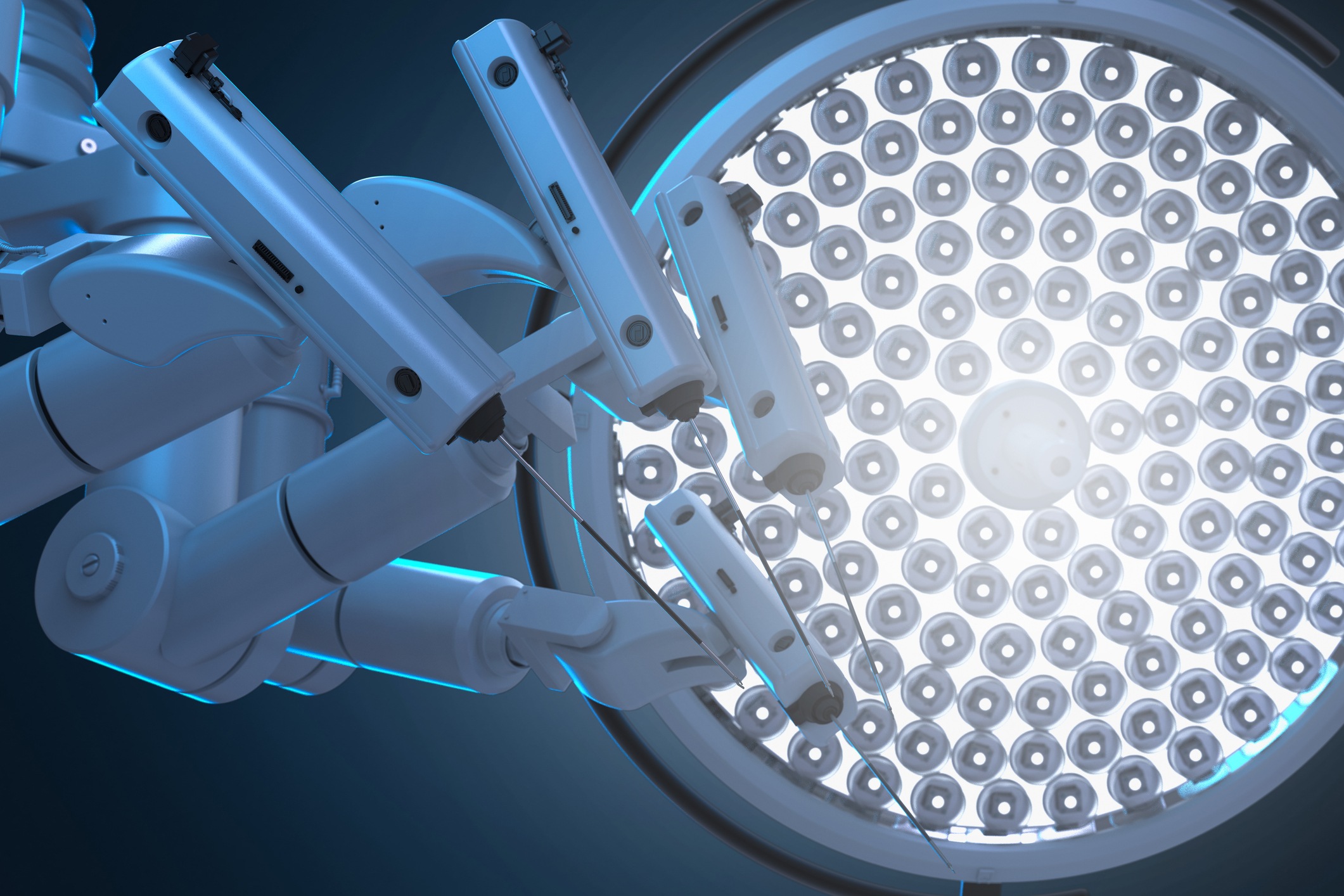Robot Assisted Kidney Transplantation: A Revolution in Minimally Invasive Surgery
Kidney transplantation is a life-saving procedure for individuals with end-stage renal disease (ESRD). With the advancements in medical technology, Robot-Assisted Kidney Transplantation (RAKT) has emerged as a minimally invasive and highly precise technique. Using robotic support, surgeons can now perform kidney transplants with increased accuracy and control, offering significant benefits over traditional open surgery. In India, experts like Dr. Dushyant Nadar, recognized as the Best Robotic Surgery Urology Doctor in Noida, have made a mark with their expertise in robotic urology surgery in Noida, providing hope and enhanced care for patients.
Understanding Robot-Assisted Kidney Transplantation
RAKT involves the use of a robotic system that replicates the surgeon’s hand movements with enhanced precision and reduced hand tremors. This technique allows the surgeon to operate with better control in complex and delicate procedures, especially in deep and narrow operative fields that require fine dissection and micro-suturing.
The robotic system includes several advanced features such as:
- 3D visualization, providing a high-definition view of the surgical field.
- Enhanced dexterity with robotic arms, allowing the surgeon to perform movements that may not be possible with human hands alone.
- Tremor elimination, which ensures steadiness during micro-level tasks.
This combination of the surgeon’s skill and the robot’s precision is what makes RAKT an innovative and superior approach in kidney transplantation.
Advantages of Robotic Kidney Transplant Surgery over Open Surgery
One of the most significant advantages of RAKT is the minimally invasive nature of the procedure. Unlike traditional open surgery, which involves large incisions and longer recovery times, robotic surgery offers patients quicker recovery with minimal complications.
1. Technical Advantages:
The robotic system enhances the surgeon’s ability to perform delicate operations by minimizing hand tremors. This translates to increased precision, dexterity, and control, particularly in challenging scenarios such as deep and narrow operative fields. Surgeons can perform micro-suturing with ease, ensuring that the kidney is placed and connected to the blood vessels and urinary tract with high precision, reducing the risk of complications.
2. Improved Patient Outcomes:
RAKT has shown a significant improvement in patient outcomes, especially for those with complex medical conditions:
- Lower risk of complications: Especially in immunocompromised and ESRD patients, RAKT reduces the chances of infection and other complications that may arise from traditional open surgery.
- Ideal for obese patients: Many patients with obesity are not ideal candidates for open surgery due to the increased risk of complications. However, RAKT has proven to be safer and more effective in such cases, as the smaller incisions and precise control minimize risks.
- Minimized blood loss: Since the procedure is minimally invasive, blood loss during surgery is significantly reduced, ensuring a safer operation for the patient.
- Faster recovery: Patients undergoing RAKT typically experience shorter hospital stays and faster recovery times. The reduced postoperative pain and quicker return to daily activities enhance overall quality of life.
- Reduced surgical scars: Small incisions mean that patients have minimal scarring, making the recovery process not only physically easier but also less emotionally taxing.
Key Benefits of Robotic-Assisted Surgery:
- Reduced pain: With smaller incisions and less tissue damage, postoperative pain is significantly reduced.
- Shorter hospital stay: Many patients are able to return home sooner compared to traditional open surgery, leading to reduced healthcare costs and a quicker return to daily life.
- Lower complication rate: The precision and control offered by the robotic system reduce the likelihood of complications such as infections or poor wound healing.
The Role of Expertise in Robotic Kidney Transplant Surgery
Kidney transplantation, even with robotic assistance, requires a high level of expertise. Only highly trained surgeons with extensive experience in both kidney transplant surgery and robotic systems can ensure successful outcomes. In India, Dr. Dushyant Nadar, a renowned specialist in robotic urology surgery in Noida, stands out as one of the best in this field. His in-depth knowledge and hands-on experience in performing RAKT have earned him a reputation as a leader in this advanced technique.
Conclusion
Robot-Assisted Kidney Transplantation represents a significant leap forward in minimally invasive surgery, offering patients reduced pain, faster recovery, and better overall outcomes compared to traditional open surgery. With Dr. Dushyant Nadar, the Best Robotic Surgery Urology Doctor in India, leading the way in robotic urology surgery in Noida, patients can expect world-class care that combines the precision of robotics with the expertise of a highly skilled surgeon. For those facing kidney transplantation, RAKT provides a safer, more efficient, and less invasive alternative, making the journey to recovery smoother and faster.


Comments are closed